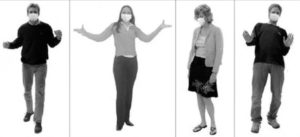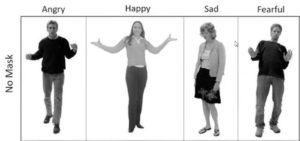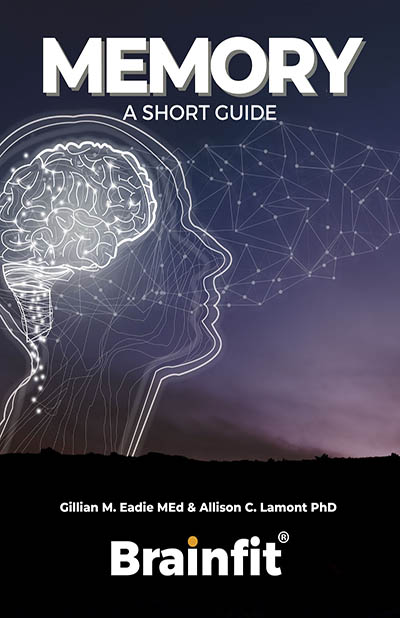Not when the whole body is visible
Source: Durham University
The rise of COVID-19 virus has made face masks commonplace items around the globe. Recent research found that face masks significantly impair emotion recognition on isolated faces. However, faces are rarely seen in isolation and the body is also a key cue for emotional portrayal.
Images expressing anger, happiness, sadness, and fear were selected from the BEAST stimuli set.
They discovered that participants could effectively recognise emotions portrayed through the body and face masks had no affect at all on emotion recognition.
However, they were significantly less accurate at recognising happiness.
Because of this, they suggest that people wearing a face mask should put extra effort through their body or voice by using simple gestures such as thumbs up to portray happiness more visibly.
This study contradicts the findings of previous literature, which used isolated images (face only) to determine that face masks limit the emotion recognition capability of people.
The new findings dispel the notion that face masks have a negative influence on people’s ability to read emotions and socially interact with each other, as long as the whole body is visible.
About this emotional recognition research news
Source: Durham University
Contact: Araf Din – Durham University
Image: The image is credited to the researchers
Original Research: Open access.
“Are face masks a problem for emotion recognition? Not when the whole body is visible” by P. Ross and E. George. Frontiers in Neuroscience
Have face masks been an issue for your face and emotion recognition? We’d love to know!






